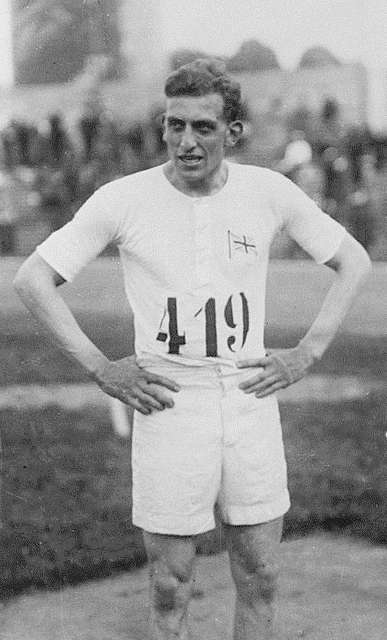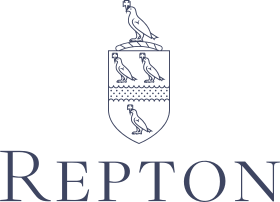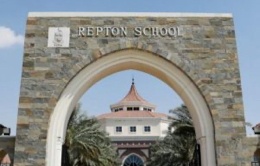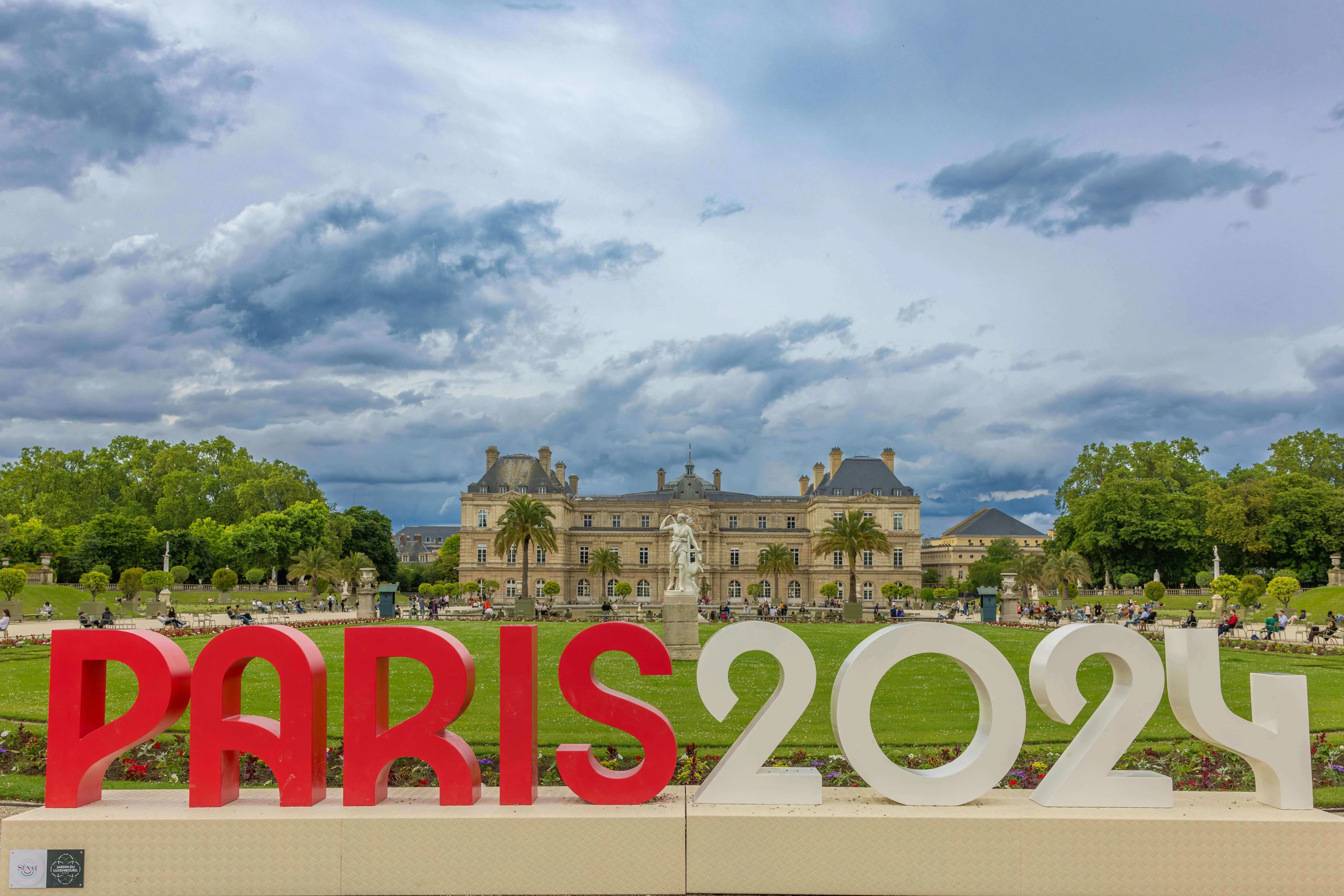HAROLD ABRAHAMS AND REPTON SCHOOL'S OLYMPIC LEGACY: CELEBRATING A CENTURY OF EXCELLENCE
There are few moments in Olympic history as iconic as Harold Abrahams' triumphant sprint to victory in the 100-metre final at the 1924 Paris Games which inspired the Oscar winning ‘Chariots of Fire’.
As the 100-year anniversary of Abrahams' Olympic gold is celebrated, we explore the other Reptonian athletes whose Olympic legacies continue to inspire generations at Repton and beyond.
Early 20th Century Pioneers
The first Old Reptonian (OR) known to compete in the Olympics was Walter Buckmaster (Mitre 1887), who excelled in polo. Buckmaster represented Great Britain in the 1900 and 1908 Olympics, winning silver medals in both. This period also saw Raymond Etherington-Smith (Hall 1890), a distinguished rower, securing a gold medal in the 1908 Games - his oars are displayed in the Tithe Barn at Repton.
Frederick Phillips (Latham 1898) and Edgar Page (Hall 1900) made their marks in field hockey at the 1908 Olympics, with Phillips winning bronze for Wales and Page securing gold for England. Eric Hussey (Hall 1899) competed as a hurdler in the same Games, demonstrating Repton's early influence across a number of sports.
Achievements During Wartime
The 1924 Paris Olympics were significant for Repton, with Harold Abrahams (Mitre 1914) emerging as one of the most notable athletes. Abrahams' victory in the 100 metres, immortalised in the film ‘Chariots of Fire’, stands as a pinnacle of Repton's Olympic history. Arthur Willis (Hall 1907) also represented Repton in the high jump at the 1924 Games, showcasing versatility in athletics.
Post-War Contributions
John Peake (Brook 1938) contributed to Repton's legacy in the British hockey team that won a silver medal at the 1948 London Olympics. This era also saw John Parker (Brook 1951) compete in the hurdles at the 1964 Tokyo Olympics, later earning a silver medal at the 1966 Commonwealth Games.
Modern Olympians
Repton's influence continued into the late 20th and early 21st centuries. Andrew Griffiths (Orchard 1982) and Ben Sharpe (Brook 1989) both represented their respective countries in hockey at the 2000 Sydney Olympics. Charlotte Craddock (Abbey 2005) furthered this legacy in the 2008 Beijing Games.
The 2012 London Olympics were particularly notable for Georgie Twigg (Field 2003), who won a bronze medal in women's hockey. Twigg's success was a precursor to Repton's substantial representation in the 2016 Rio Games, where she was joined by Shona McCallin (Abbey 2008). Both Twigg and McCallin won gold medals, underscoring Repton's enduring impact on Olympic hockey. Charlotte Stapenhorst secured a bronze medal for the German women’s hockey team in the same Games, also going on to be selected for the 2020 Tokyo Games.
Repton's Olympic tradition continued at the Tokyo 2020 Olympics with Leah Wilkinson (Abbey 2003) and Shona McCallin securing a bronze medal in women's hockey. The Games also celebrated the success of Adam Peaty, who trained at Repton and defended his Olympic title in the 100m breaststroke.
Eva Okaro
Looking ahead, Repton's Olympic journey is set to continue with Eva Okaro, who has been selected for the Paris 2024 Olympic Games. At just 17 and about to start her final year at Repton, Okaro will be one of the youngest competitors and the first black woman to represent Great Britain in swimming, marking a significant milestone for Repton and British sports.
Read the BBC Sport article on how honoured Eva feels to represent Team GB in the pool.
Eva will be in good company at the Games with ORs Flora Peel and Lily Walker making their Olympic debuts for GB women’s hockey, whilst Charlotte Stapenhorst competes in her third Games for Germany.
Repton School's connection with the Olympics is a testament to its rich sporting tradition and commitment to excellence. From the early 20th century pioneers like Walter Buckmaster and Raymond Etherington-Smith to contemporary stars such as Georgie Twigg and Eva Okaro, Repton has consistently produced athletes who excel on the world stage. The school's environment, fostering both academic and athletic prowess, continues to prepare its pupils for the highest levels of competition, ensuring that Repton's legacy at the Olympics remains vibrant and impactful for generations to come.












